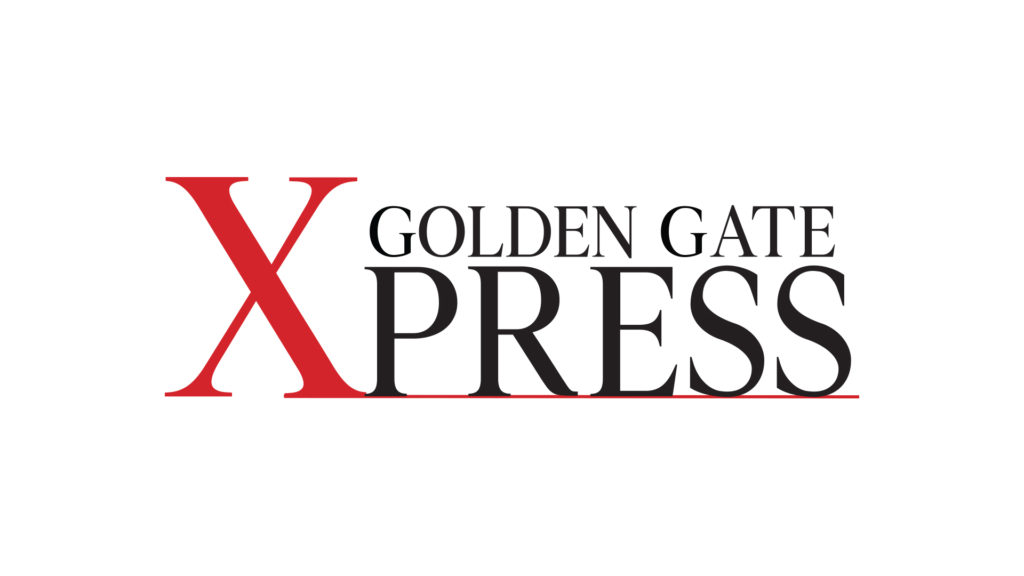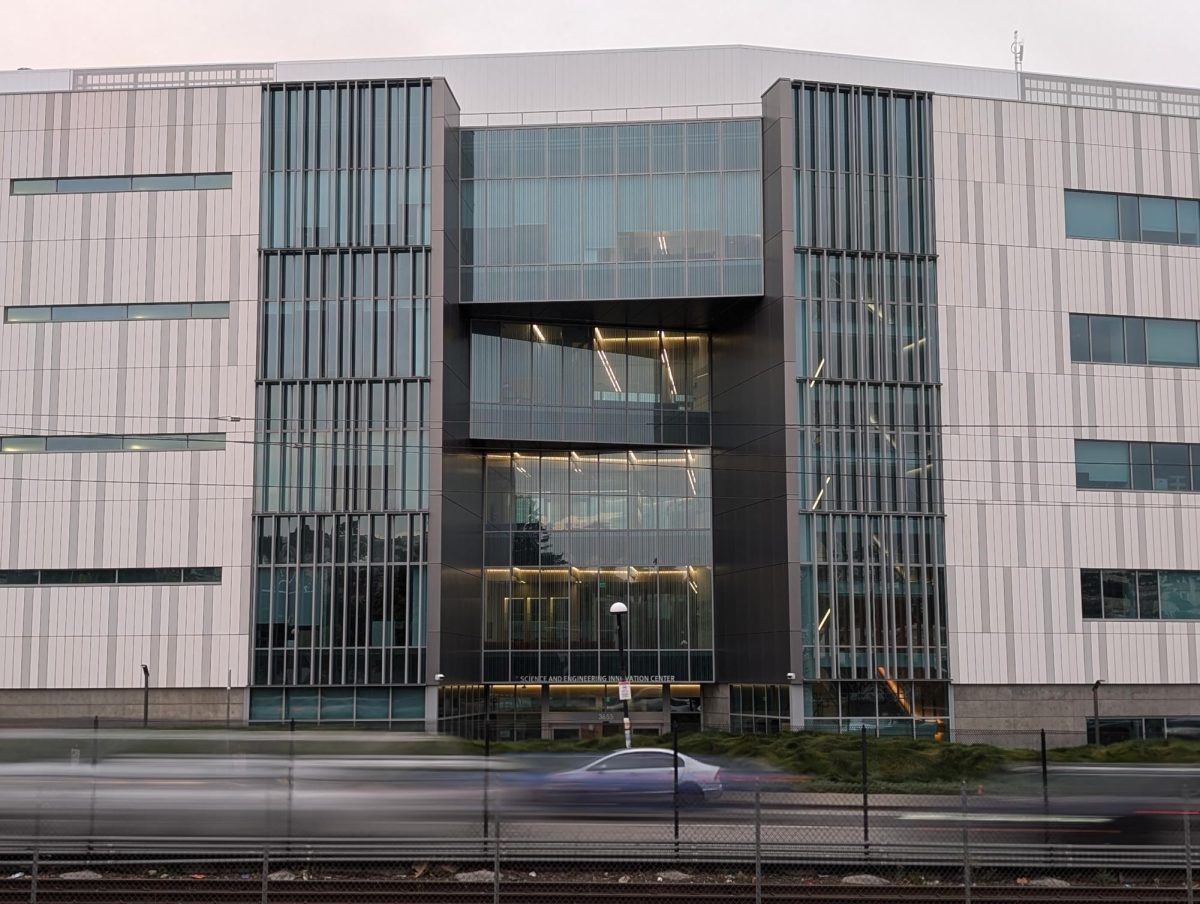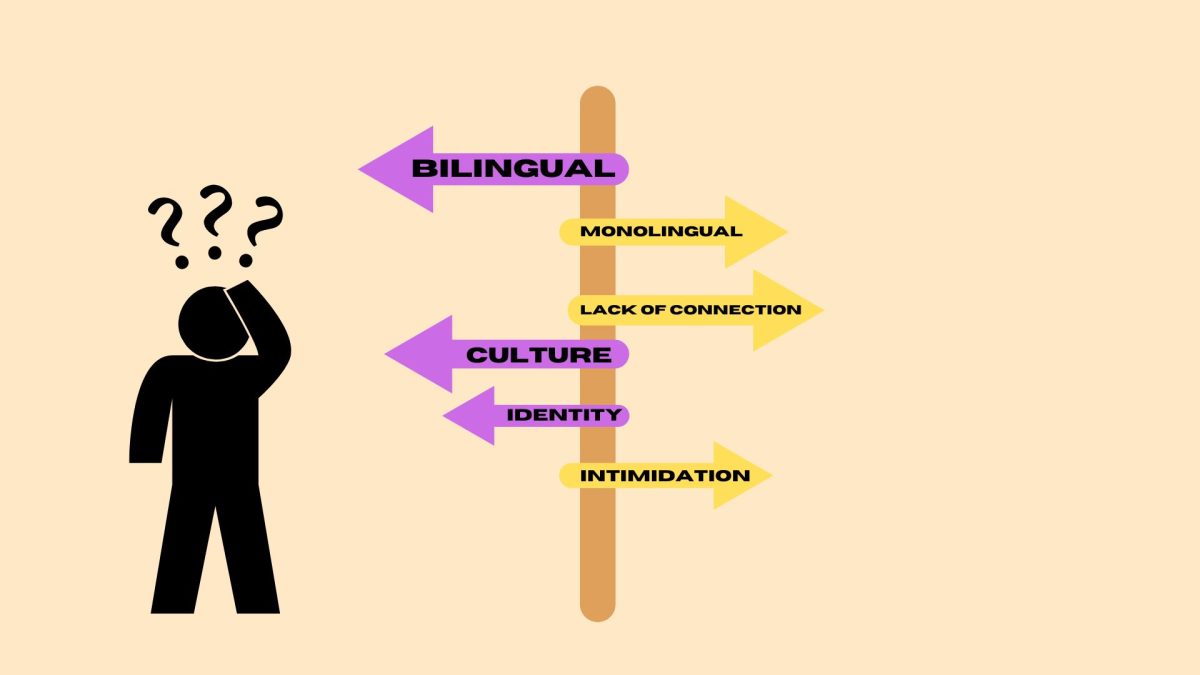California State University reached a settlement March 20 with two SF State students who sued the Board of Trustees alleging the University discriminated against them based on their religion.
A statement from the University’s Strategic Marketing and Communications department described the settlement as a move to safeguard Jewish students’ rights, but many in the campus community disagree with the terms of the agreement, which include recognizing Zionism as part of the Jewish identity, protecting pro-Zionist and pro-Israel viewpoints, hiring a Jewish Student Life coordinator, allocating $200,000 to promote viewpoint diversity and dedicating space on campus for a mural related to the viewpoints at issue in the litigation.
The University and the Chancellor’s Office declined to comment on the settlement to Xpress, but a press release provided a brief outline of the agreement.
“The settlement brings an end to what has been a very emotional and challenging issue for all parties involved,” the University’s statement read. “This agreement builds on several activities and strategies already underway at SF State to improve campus climate and encourage more vigorous dialogue on issues of import to our diverse campus constituents.”
Just one day after the University announced the settlement, protesters assembled on the Muni tracks at the station at 19th and Holloway avenues in opposition to the CSU’s concession to recognize Zionism as part of the Jewish identity. Zionism is the movement and support for the existence of a Jewish state on Palestinian land, and protesters asserted that in welcoming Zionism to campus, CSU seeks to silence critics of the Israeli occupation of Palestine.
Student protesters were not alone in their dismay.
“As Jewish anti-Zionists, we believe this agreement to be a step backwards in the fight for justice and equity at SFSU and in our communities,” the Jews Against Zionism and the International Jewish Anti-Zionist Network groups said in a statement. “Zionism is a betrayal to the long history of Jewish participation in collective struggles of liberation.”
SPEECH IS NOT FREE
The lawsuit from which the settlement was born, Volk v. Board of Trustees CSU, was brought by students who alleged SF State discriminated against the Jewish student group SF Hillel during the Know Your Rights Fair in February 2017. The University concluded in the wake of an investigation last August that the group was improperly excluded from the campus event.
The plaintiffs’ first case, Mandel v. Board of Trustees CSU, was dismissed in federal court with prejudice last October when federal Judge William H. Orrick ruled the students failed to prove a violation of federal discrimination laws.
The case included allegations of discrimination stemming from an April 2016 incident when an event hosted by SF Hillel with the mayor of occupied Jerusalem, Nir Barkat, was halted by protests from the student group General Union of Palestinian Students.
“Jewish students have been marginalized and subject to a political litmus test for full participation in campus life,” SF Hillel Assistant Executive Director Rachel Nilson Ralston said.
The students argued that the University violated their first and fourteenth amendment rights when administrators moved SF Hillel’s event to a location away from the center of campus due to concerns for a protest, and again when police complied with a “stand down” order, allowing protesters to disrupt the event.
“The allegations do not amount to deliberate indifference nor allege sufficient impact on the education of the complaining plaintiffs,” Orrick said in his ruling. “Plaintiffs are represented by numerous experienced counsel. They have had ample opportunities to state their Title VI claims but have not been able to do so.”
Orrick’s dismissal with prejudice prompted the students to try again in state court, represented by the Lawfare Project and the Winston & Strawn law firm, and despite the students’ failure in federal court, CSU opted to avert the state suit through a settlement.
“SF Hillel was not a party to the lawsuit,” Nilson Ralston said. “But we believe that overall the settlement will help create a more inclusive and welcoming campus environment for all students.”
As part of the settlement, the plaintiffs have agreed not to pursue the matter further.
“We were proud to represent those students and we are very pleased [with the settlement],” said David Bloch, an attorney for Winston and Strawn who represented the plaintiffs. “We think the settlement will be positive for the students at San Francisco State.”
WHO GETS WHAT? WHO PAYS?
Professor Rabab Abdulhadi, director and founder of the Arab and Muslim Ethnicities and Diasporas studies program, is among those concerned with the settlement.
Dr. Abdulhadi was the only faculty member named as a defendant in the Mandel case, and though her name was not included in the second suit, she said it is little consolation.
She said she takes issue with the fact that the University has agreed to allocate funds for an educational outreach and viewpoint diversity program, yet according to her, administrators have failed to honor a contract they signed to fund AMED upon her hire in 2007.
“As a faculty member, I have been harassed and abused by SF State, including the violation of my contract,” Abdulhadi said. “Our two faculty lines have still not been reinstated. AMED has no staff and no operating budget.”
Others in the community expressed concern with how ill-defined certain aspects of the agreement are. Some of the settlement’s 13 concessions include specific details about their implementation and intent, like the creation of a coordinator for Jewish Student Life, but others are much more opaque.
“One of the big things is the question of the executive orders and how the University will reinterpret these policies in light of the settlement,” part-time AMED lecturer and SF State alum Saliem Shehadeh said.
Among the CSU executive orders to be reaffirmed based on the settlement are 1096, 1097 and 1098, which deal with the prohibition of discrimination, harassment and retaliation.
“A lot in the settlement agreement is vague, which leaves it up to the University’s discretion to do things fairly, or unfairly,” said attorney Mark Kleiman, who represents Abdulhadi. “It’s the job of anybody that’s concerned [about] free speech [on] campus and the ability to raise radical viewpoints, to take every paragraph and make the University apply it fairly and neutrally.”
DISSECTING ZIONISM
Another major concern raised by many within the SF State community is the language in the settlement that appears to correlate Judaism with Zionism.
“The disturbing part of it all is [that] the equation of Jewishness and Zionism can bleed into Zionism and the support for the current policies of Israel, and neither equations are accurate,” SF State alum and Jewish activist Alexei Folger said. “It’s the corollary which is the most dangerous of all, where anti-Zionist is somehow anti-Semitic. There are Jews that are anti-Zionist but not anti-Semitic.”
Folger said she believes the settlement between CSU and the Jewish students won’t help and will only bring on more heat—in particular, the point in the settlement that apportions a space on campus for a mural dedicated to the viewpoints at issue in the litigation.
“I don’t think it settles anything. I think the political debate will continue and it’s interesting that one of the things mentioned in the settlement was the mural,” Folger said. “When and if the mural project gets off the ground, it’s going to be as contentious as ever.”
The Jews Against Zionism and International Jewish Anti Zionist Network also oppose the mural CSU has agreed to host.
“The murals of SFSU celebrate the rich cultural and political heritage of our communities, most of which center the voices of indigenous and Third World leaders who have legacies of fighting for liberation against the dispossession of land and identity by racist and fascist forces and governments,” the groups said in a statement. “A Zionist mural would be a disgrace to their legacies. If SFSU wants a mural that honors the Jewish history of participation in struggles for our own and collective liberation then it should be created by anti-fascist, anti-racist and anti-Zionist Jews.”
Shehadeh said she thinks the settlement will have a negative impact on student life on campus, too.
“It’s going to be veered against Palestinian students and advocates on campus,” Shehadeh said. “I think they’re really trying to push a line to stifle and punish anti-Zionism and politics and organizing on campus.”








Jess • Apr 10, 2019 at 7:28 pm
I am not sure that the people protesting this decision (or writing this article) truly understand Zionism; a significant amount of Zionists support the right of the Palestinian people to sovereignty while also supporting the same rights for Jews and Israeli Jews. I wonder how much time these protestors have actually spent in Israel, talking to people from a wide range of beliefs. Their politics are just as complicated as ours, and I promise that you would come away from that conversation with a range of opinions, all from people who identify as Zionists.
This is a complicated intersection of religion, politics, and identity- I absolutely agree that Zionism is an essential part of the religion and culture of Judaism, but there is also more to it than that. This article and the quotes selected within are only describing a narrow subset of perspectives- what was that about freedom of speech? This type of all or nothing thinking is what created the situation that prompted the lawsuit in the first place. As far as I am concerned, in the United States of America on a public college campus, all perspectives should be welcomed even when you disagree with them- perhaps there is room to have a conversation and learn something about what you have in common with the person you are opposed to.
I am a Jewish student who supports Palestinian sovereignty as well as the right of Jews to have a homeland, and I spent three years on the SFSU campus for a graduate program. This article makes me sad- this is not the campus that I remember.
Louis Petrovsky • Apr 13, 2019 at 7:00 pm
Jess, your sadness is just beginning. Don’t think for a moment that this is over. It’s just a matter of time before BDS supporters form their own Hillel-style organization and take over the campuses. After all, he ruling protecting Zionists will provide protection for their activities as well. By the time the Jew-haters are done, this “victory” will prove to be Pyrrhic.
Terry Diamond • Apr 2, 2019 at 8:55 pm
ZIonism – the love of Zion and the belief of the Jewish right to self determination in their ancient homeland is very important in Judaism. Jewish liturgy centers around Zion- the land of Israel. Jewish prayers end “Next year in Jerusalem”. Jews celebrate the agricultural festivals of ancient Israel even while dispersed in their diapora. Jews fast for 24 hours to remmeber the destruction of their places of worship in Israel. These practices have continued for millenia.
To say that Zionism is not part of Juadism is disingenuous. By negating Zionism, you negate the very essence of the Jewish experience.
Gal • Apr 2, 2019 at 11:13 am
Sahar Swaleh – there is a glaring error in your article in need of correction. You write “Zionism is the movement and support for the existence of a Jewish state on Palestinian land.” This is incorrect. Zionism is the Jewish right to self-determination and it has been manifested in the native Jewish land of Israel (aka Canaan, Judea and Palestine). This should be corrected because as is written I believe it may leave the less informed citizen thinking that Jews are not native to their ancient historic homeland.